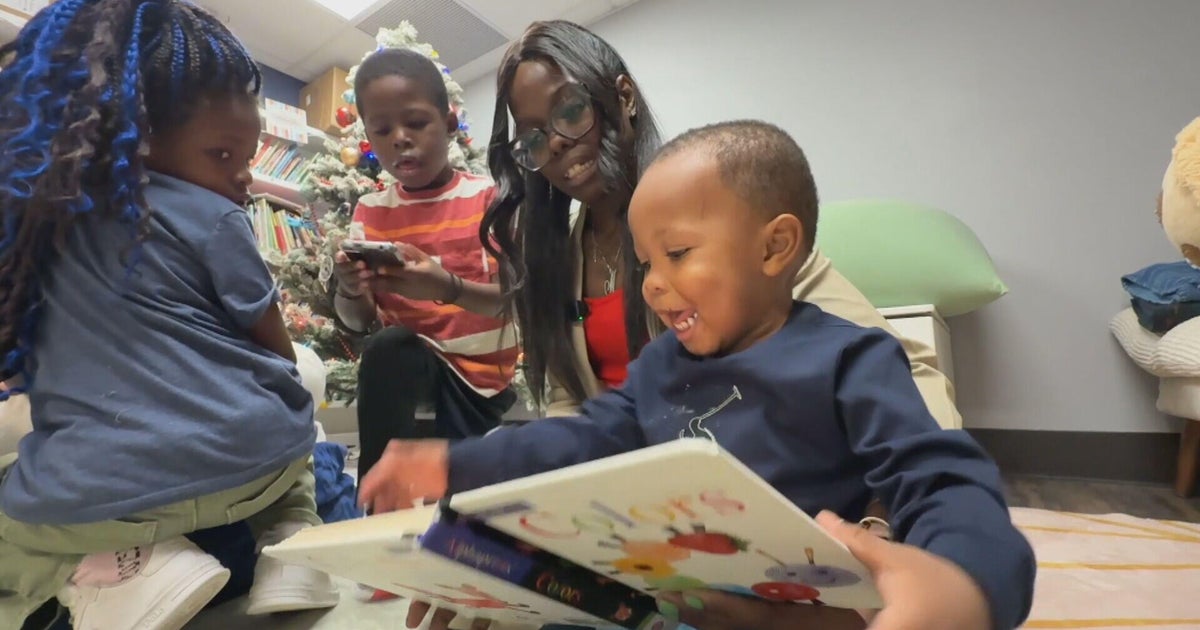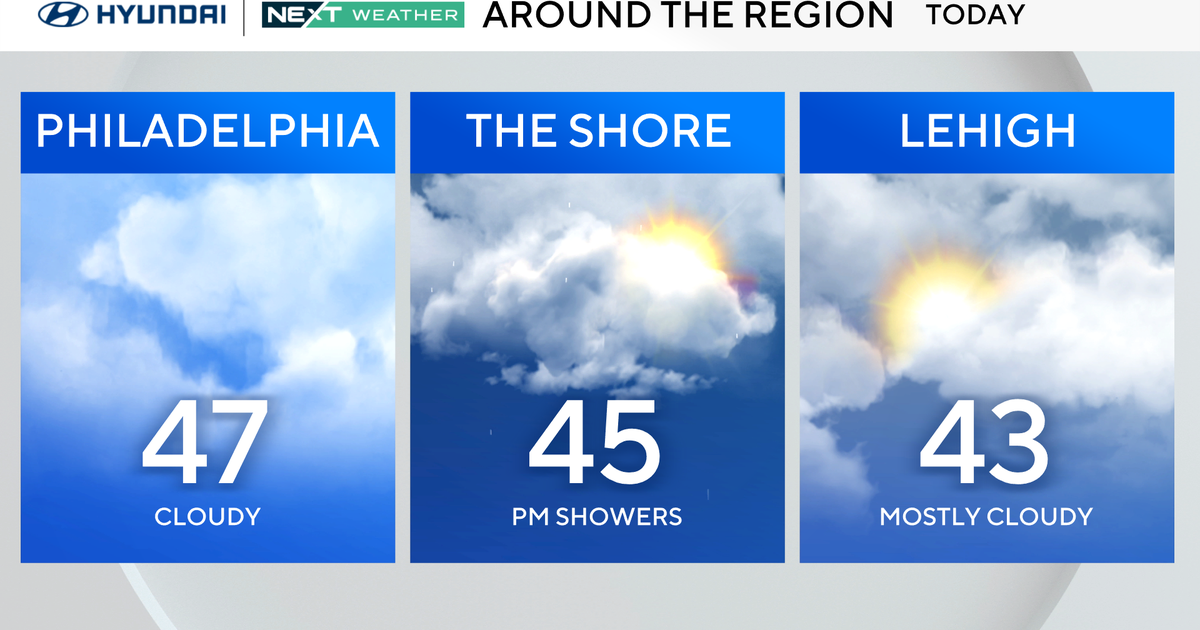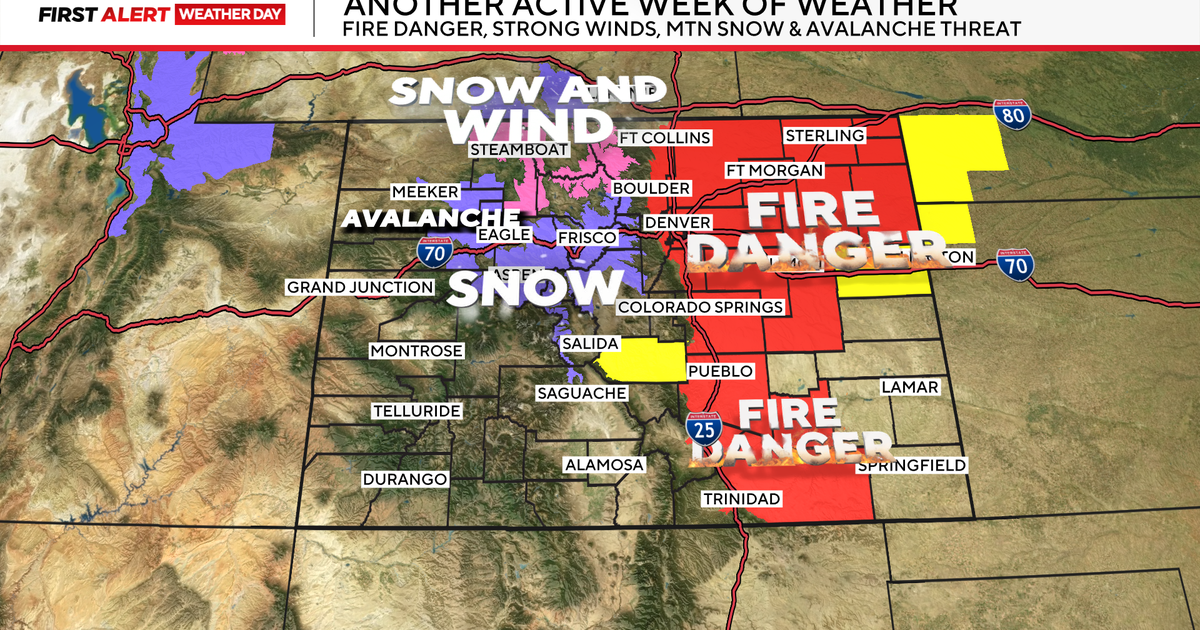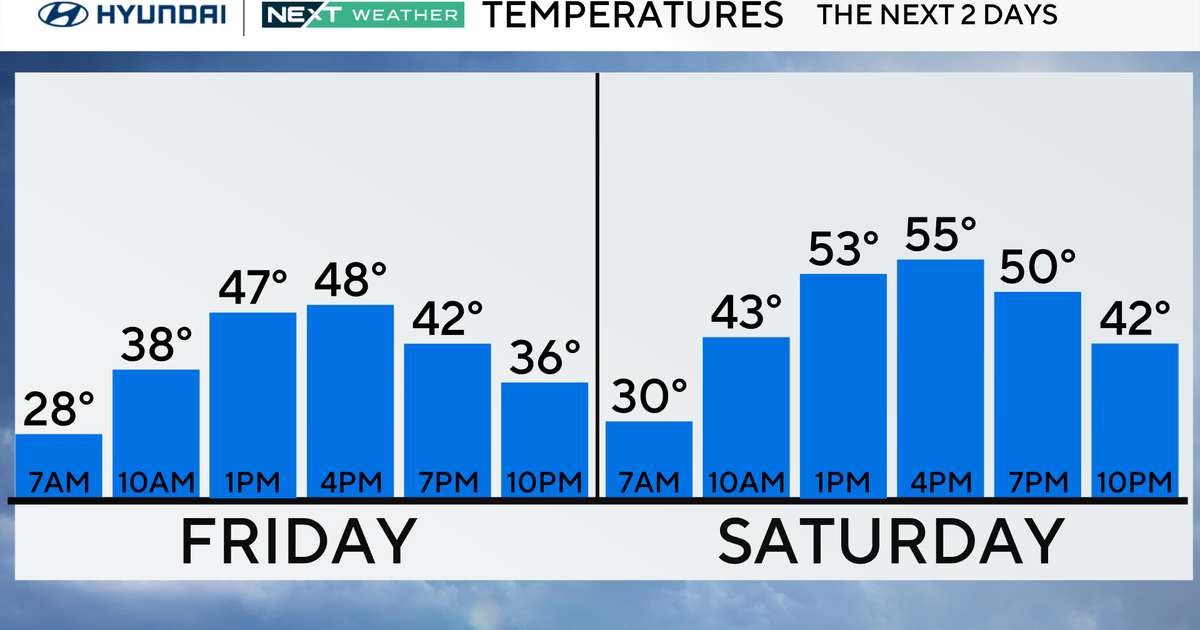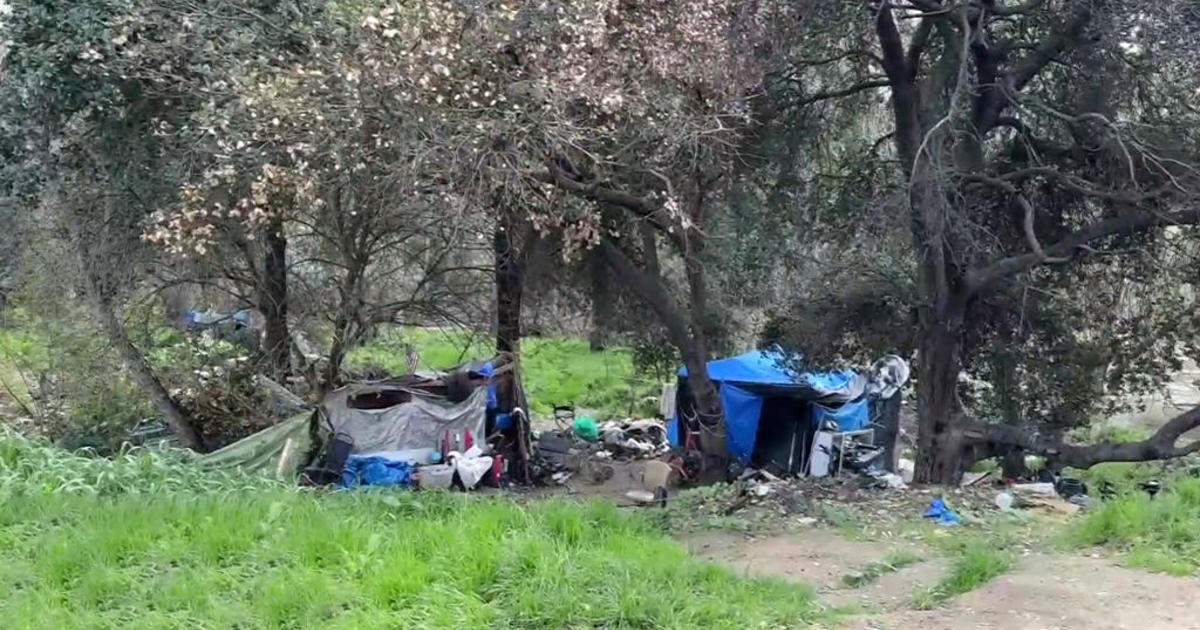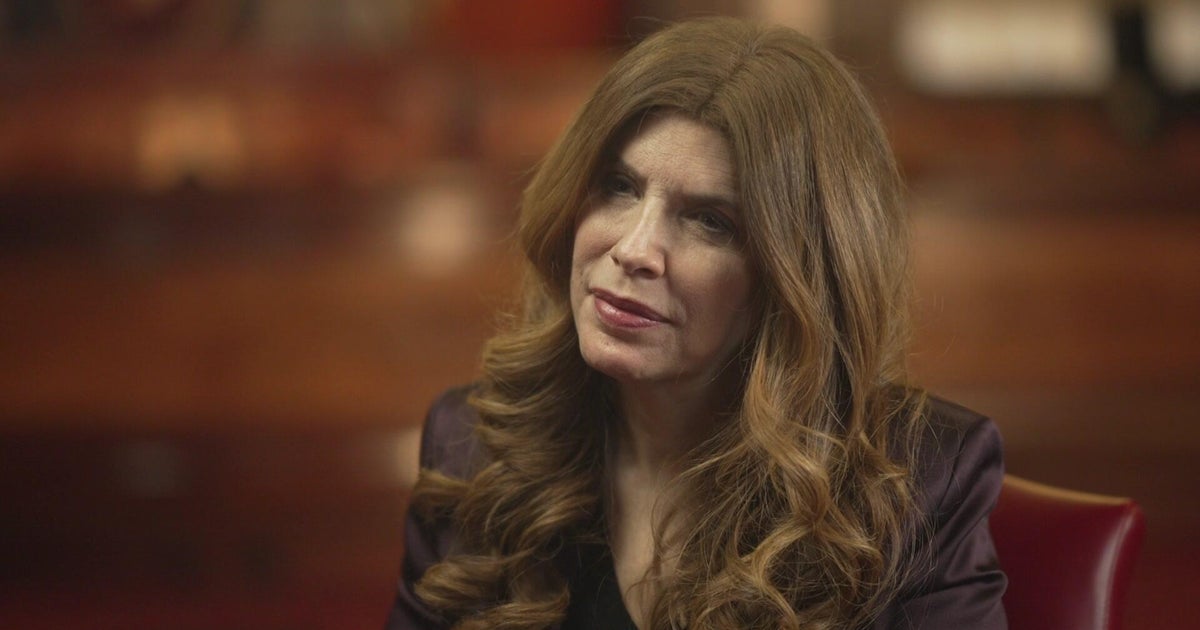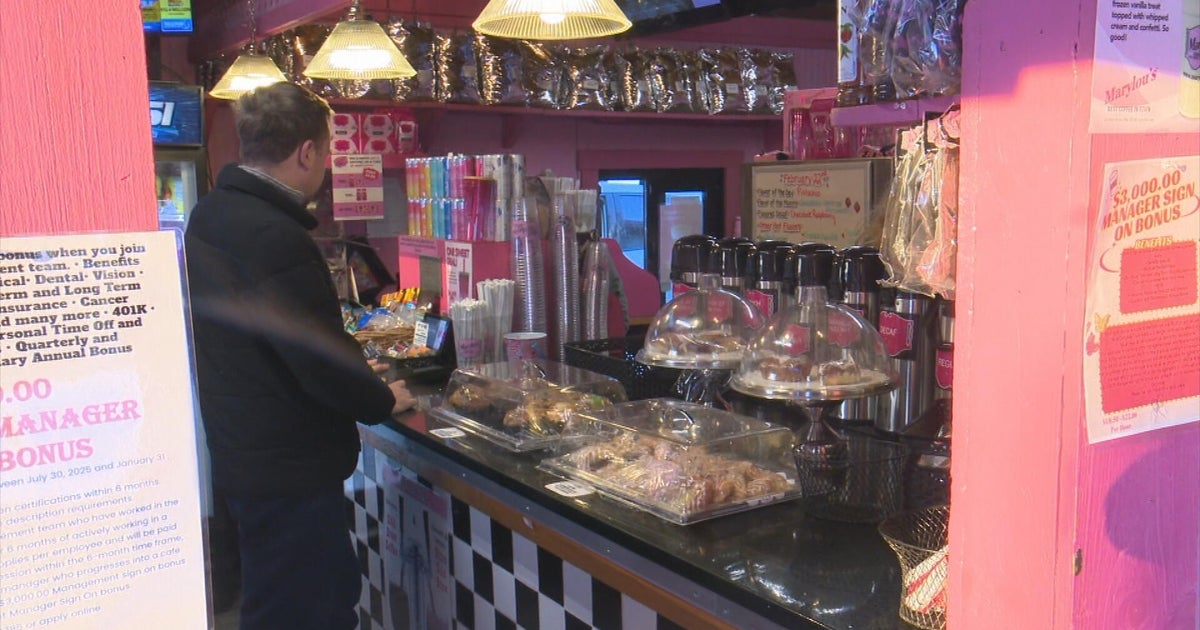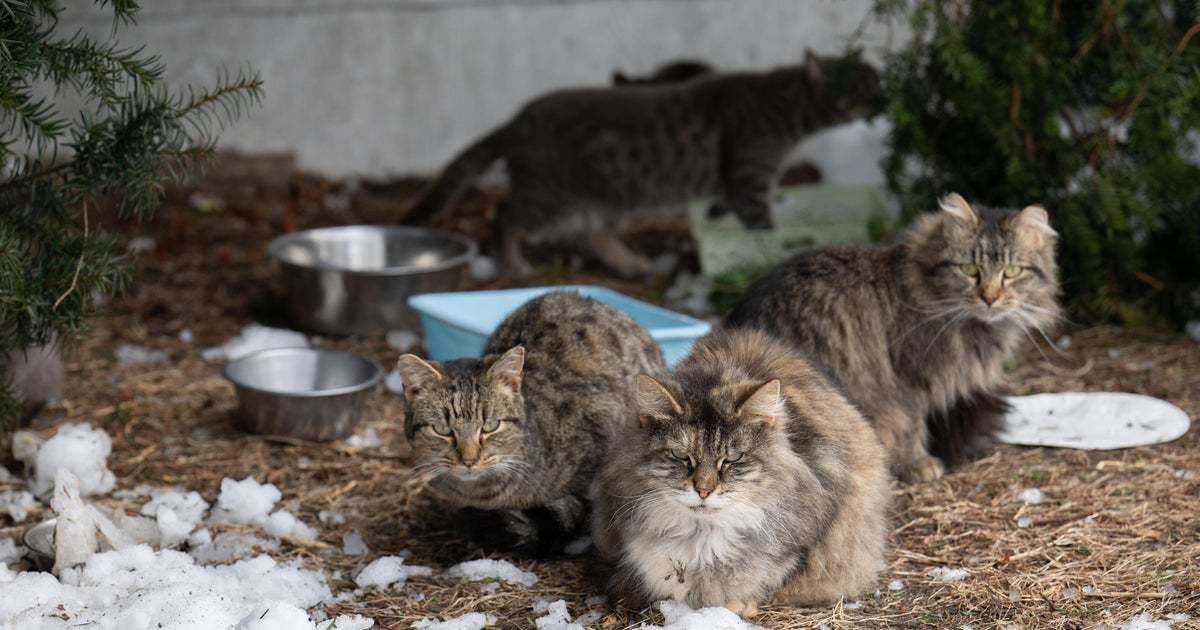Denver City Council moves forward with threshold on encampment sweeps amid freezing temperatures
As winter weather continues to ramp up across the Denver metro area, city leaders are looking at ways to keep unhoused residents from facing the frigid temperatures.
"You come to our front door, we're going to do the best we can to provide you a warm and safe environment for the evening," said Stephen Hinkel, public relations manager with Denver Rescue Mission.
Denver Rescue Mission's downtown location is among several shelters that serve the homeless community during the year, but they also offer additional capacity when the city activates its overnight weather shelter services.
"Our services certainly get stretched a little bit more," said Hinkel. "We have 200 beds that we can provide to individuals and then on those cold nights we are able to put out 50 mats in one of our bigger rooms where individuals can sleep in a warm environment for the evening on a mat."
CBS Colorado's meteorologists in the First Alert Weather Center say since Oct. 23, there have been seven days with a high of 32 degrees or less and 63 overnight lows 32 or less.
On Monday night, the Denver City Council was set to consider a first reading to change the current city threshold for opening weather shelter services from 20 degrees to 32 degrees or lower, but that proposal was pulled. A spokesperson for the city Department of Housing Stability (HOST) tells CBS Colorado they plan to work with Councilmember Sarah Parady, who proposed this change.
HOST and the Mayor's Office are working with her on developing a pilot program for future implementation of this temperature threshold.
While this consideration to help the city's most vulnerable did not move forward, a bill banning encampment sweeps when temperatures drop to 32 degrees did make it through first reading after 9-4 vote and following several amendments.
"Every single cold snap in Denver, people who are unhoused are in our major hospitals with severe frost bite, I would not wish that on anybody," said Parady.
Parady argues banning sweeps during freezing temperatures will protect the unhoused from being pushed out of their tents and left in the cold.
"The city has to carry out its removal during a period when its above freezing for the time when the actual removal of a shelter is occurring and then for another two hours afterwards to give that person time to resettle," she said.
The language of the bill makes exceptions for conducting sweeps when there is a threat to safety or health, but people who were in opposition to the bill argue letting people camp outdoors is a risk in itself.
"Well over 100 people died outside in 2023, and that equates to about more than two a week," said Denver Police Chief Ron Thomas. "The last three weeks of 2023, we didn't have a single outdoor death, and I think a lot of that our ability to move folks indoors."
"I think that passing this would maybe feel good, and feel like a pat in the back, but I do question whether it actual saves lives, or saves frostbite," said Councilmember Flor Alvidrez.
Parady says not everyone may be able to access shelters when temperatures do drop below freezing.
"Someone may have a pet, someone may have possessions that they don't want to entrust [to] the care of the city department of transit and improvement structure," she said.
"I do not support this bill because it does not provide a clear, simpler process to save lives for those who are living on our streets," said Councilmember Darrell Watson.
A spokesperson for HOST responded to Monday's first reading of the bill:
In the event the freezing temperatures cleanup ban proposal passes, HOST is prepared to continue with street outreach efforts to assist individuals experiencing homelessness. Cold weather poses a serious danger for people who are unsheltered, and we always encourage individuals to come inside during such conditions. This approach will remain.
The ban on encampment sweeps amid freezing temperatures will be up for a second read and final passage next week.


